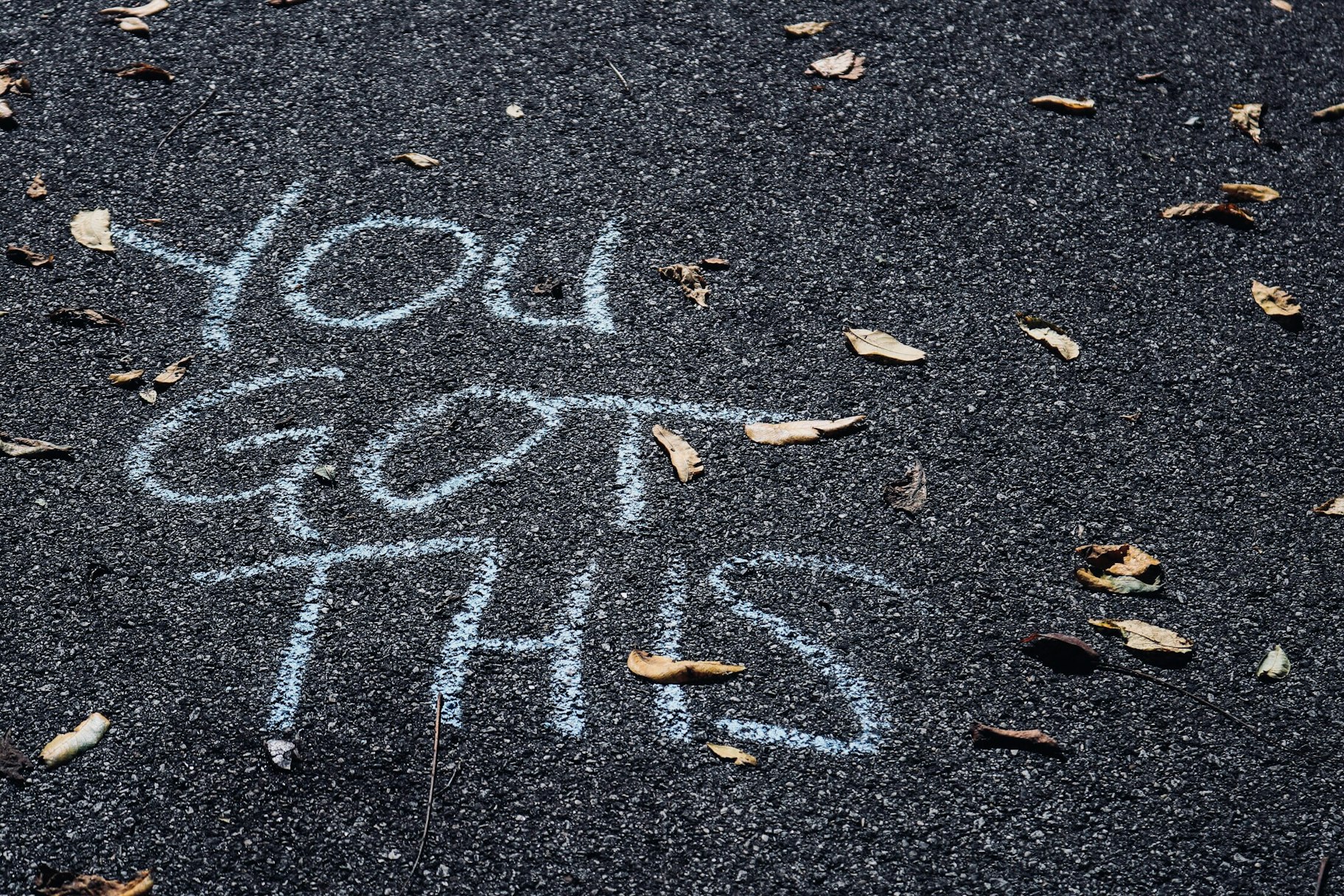Any entrepreneur can tell you that the secret of success is sacrifice. Hard work simply comes with the territory—including some very long hours.
Today, small business owners work far above the national average. Roughly one in three work more than 50 hours per week. One in five work 60 hours or more. In all cases, small businesses were found to work twice as hard as traditional employees.
But entrepreneurs are people, too. Despite their intense work ethic and superhuman endurance, nonstop work can’t go on forever. There’s always a breaking point, often manifesting with a devastating consequence: burnout.
Burnout affects the entrepreneur in a number of ways. A whopping 42% of all entrepreneurs report feeling burned out over the past year, a number that is expected only to grow. This number is much greater for minority-owned businesses, with 62% of respondents reporting burnout. Worse, 53% of all those surveyed report burnout as having a negative effect on their business.
It’s clear that burnout doesn’t just negatively affect the mind. Once it becomes severe enough, it can have serious consequences on the health and success of your business.
Let’s explore the working definition of burnout from an entrepreneurial perspective, then evaluate its signs and symptoms, along with some prevention steps.



Defining burnout
Burnout is the complete exhaustion of a person’s mental, physical, and emotional well-being. It is often brought on by chronic stress or anxiety stemming from continuous work.
Entrepreneurs have been feeling the effects of burnout for thousands of years, although the official term wasn’t coined until the 1970s. Today, there are thousands of research pieces exploring the ins and outs of burnout and its effects on the human body.
→ Click Here to Launch Your Online Business with Shopify
Modern research has posited multiple causes for burnout:
- Lack of recognition. Studies show that reduced recognition in the workplace causes a 48% spike in burnout reports. If you’re a single member LLC or a solopreneur, recognition is likely in scarce supply.
- Drive to push forward. People who identify as entrepreneurs often feel they need to work harder than traditional employees. According to surveys, about 74% of people think they’ll work more as a self-employed person.
- Constant overworking. Working more than 40 hours per week is strongly correlated with an increase of burnout factors.
Unlike stress—which is generally thought of as a short-term state of strain—burnout is the result of a long-term accumulation of tension. Short-term stress comes and goes, but burnout can develop within a person for weeks, months, and even years before symptoms are readily seen.
Understanding what the various stages of burnout look like is critical to remedying its underlying causes.
The signs and symptoms of business burnout

Many entrepreneurs fail to see the warning signs of burnout before it happens, or struggle to see the early effects of prolonged stress in their lives.
You may be struggling with burnout life if:
- You’re always tired. Exhaustion is one of the leading symptoms of entrepreneurial burnout. If you find it difficult to get out of bed in the morning or stay awake during the day, you may be in the early stages of burnout.
- Physical symptoms. Long-term burnout has caused people to faint, collapse, and otherwise experience negative health effects.
- Low productivity. Entrepreneurs suffering from burnout often experience low motivation, low efficacy, and poor focus. As a result, this manifests in reduced productivity—both in their work and in their personal life.
- General malaise. Some symptoms of burnout are easier felt than explained. If you continuously feel ineffective in your job, feel detached, or have negative thoughts about work, you may want to explore other symptoms that may be present.
- Emotional changes. Extreme burnout may even affect some elements of your personality. Frequent irritability, cynicism, or changes in your affect may point to considerable strain.
- Mental illness. Burnout is heavily associated with depression, anxiety, and psychological stress. This may lead to feelings of inefficacy or inability.
Whether you’re currently experiencing symptoms or are concerned about developing them in the future, it would be a good idea to establish interventions now that recover and restore your work-life balance.
10 ways to avoid entrepreneurial burnout
Burnout is an ever-present consequence of work without rest. However, with the right tools and techniques in place, you can protect yourself in more ways than one.
Here are 10 ways to keep burnout from creeping into your entrepreneurial lifestyle.
1. Rely on others
You don’t need to carry all your business burdens alone. Learn to delegate tasks to other employees, agencies, or freelancers in the field, especially those that don’t require your eyes.
Consider sourcing help from various VA sites, or publishing a job posting to search for help. In some cases, friends and family members would be more than willing to lend a hand.
2. Create your schedule
Setting a traditional schedule could help you get and stay focused on the task at hand. Create space for weekends by only scheduling work from Monday to Friday, or customize your hours to suit your business model.
Setting boundaries today will prevent compromises that risk your well-being tomorrow.
3. Unplug once a week
Take some time out of your week to completely detach from work-related technology. This means turning off phones, powering down laptops, and otherwise disconnecting from the business grid.
Research shows that people who unplug from technology on a regular basis experience greater recharge and satisfaction during the workweek.
4. Change your routine
If you’re an entrepreneur that works from home, seeing the same thing every day can be downright demoralizing.
Allow yourself to enjoy a change of scenery by switching things up now and again. Try working out of a coffee shop, or head to your local library to try something new. Spending time outside can also help to boost serotonin levels.
5. Care for yourself
From a health and wellness standpoint, burnout can be catastrophic on the human body.
Take better care of yourself by leaning into the principles of health. Be sure to eat healthy, whole meals, and aim for a minimum of seven hours of sleep per night.
6. Build your network
Surrounded by a tribe of like-minded entrepreneurs, you’ll be far less likely to struggle with burnout on your own.
Continue to network in your area, joining local business groups if possible. Find a business mentor, get involved with the community, and above all, ask for help when needed.
7. Get some exercise
Studies continue to show that exercise is a major component of self-care. Add some purposeful movement into your work day, at least 30 minutes a day or 5-7 hours per week. A simple walk or jog around the neighborhood should be enough to get the blood pumping.
Need something more structured? Sign up for a class or a boot camp with hours that match your schedule.
8. Make time for hobbies
Doing nothing but work will eat away at the creative part of your mind—eventually leading to burnout.
Do what you can to integrate fun activities into the week, spending some mindful time focusing on the things you love. If you can’t think of anything off the top of your head, pick a new hobby to pursue.
9. Find a therapist
Talking out your stress is an excellent way to stop burnout before it happens. Talk therapy is found to have several measurable benefits, most notably on the symptoms of depression.
Get connected to a licensed therapist or counselor in your area, then schedule visits that allow you to explore thoughts and feelings as they arise.
10. Take a break
Sometimes, taking a step back is the best way to regain control after burnout. Absence makes the heart grow fonder, and if you’re truly passionate about the work you do, it will take no time at all to reintegrate with the business.
You may want to consider taking a sabbatical for more intense feelings of burnout. In other cases, scheduling a vacation or weekend getaway might be just what you need to refocus.

Stop putting the hustle on a pedestal
There’s nothing wrong with working hard, but when your time, talent, and resources start to suffer from nonstop activity, it’s time to ease off the gas. The human brain can only work so hard, and by pushing yourself to the limit, you’re harming rather than helping yourself go the distance.
Rather than looking at rest as a form of laziness, prepare your mind for recovery by changing the way you interact with relaxation. Push yourself to conceptually reposition breaks in your mind. Remember: an entrepreneurial spirit is great, but not when it puts your well-being on the back burner.
You shouldn’t need to prove your ethics to anyone. You don’t need to work 24/7 to get your brand off the ground. And most importantly, you are not alone.
Once you stop worshipping the hustle, you can finally start working on your business the way it was meant to be pursued—happily, healthily, and on a schedule that works for you.






